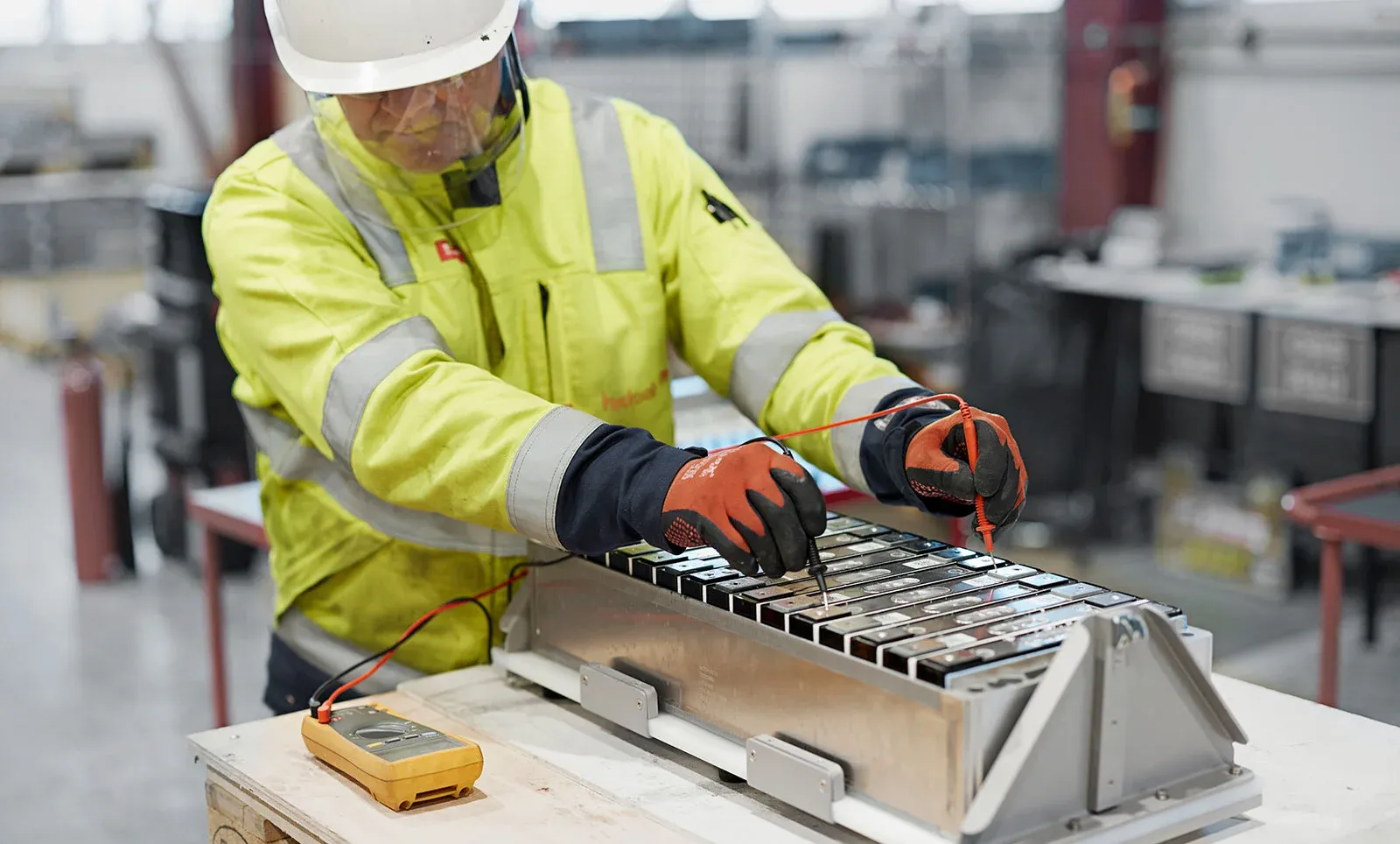 |
| Geomega Resources |
Advancing Sustainable Rare Earth Supply Through Recycling
Geomega Resources is on track to complete its rare earth magnet recycling plant in Quebec by the end of 2025. The Canadian rare earth elements (REEs) technology provider aims to produce recycled rare earth oxides from a variety of waste feedstocks, including neodymium-iron-boron (NdFeB) magnets, bauxite residue, and sulphide tailings. This initiative supports the growing demand for sustainable and secure rare earth supply chains.
Construction of the demonstration plant began in February 2024, with an expected timeline of two years. Originally, the project was scheduled for completion within six months after securing $1.2mn in a 2019 private placement. However, delays extended the timeline, partly due to permitting and development challenges. Geomega has already submitted its environmental permit request and awaits regulatory approval to proceed with commissioning after construction.
In 2019, chief executive Kiril Mugerman estimated operating costs at $3/kg for rare earths, with capital expenditure of $2.6mn to process 1.5 tonnes per day of magnet waste. Once operational, the facility is expected to contribute meaningfully to the recycling of critical materials, reducing dependence on primary mining and addressing environmental concerns related to waste disposal.
Strengthening the North American Rare Earth Ecosystem
The Quebec recycling plant aligns with broader North American efforts to secure rare earth supply chains amid global market concentration. By converting industrial waste into high-purity rare earth oxides, Geomega can help diversify sourcing away from dominant producers and improve regional self-sufficiency. This capability is increasingly vital as industries such as electric vehicles, wind energy, and electronics require stable and sustainable REE supplies.
The Metalnomist Commentary
Geomega’s Quebec project represents a critical step toward a circular economy for rare earths in North America. By recycling high-value magnets and other waste sources, the company not only reduces environmental impacts but also enhances supply chain resilience. If successful, this facility could become a model for scaling rare earth recycling across the region.
































 We publish to analyze metals and the economy to ensure our progress and success in fierce competition.
We publish to analyze metals and the economy to ensure our progress and success in fierce competition.